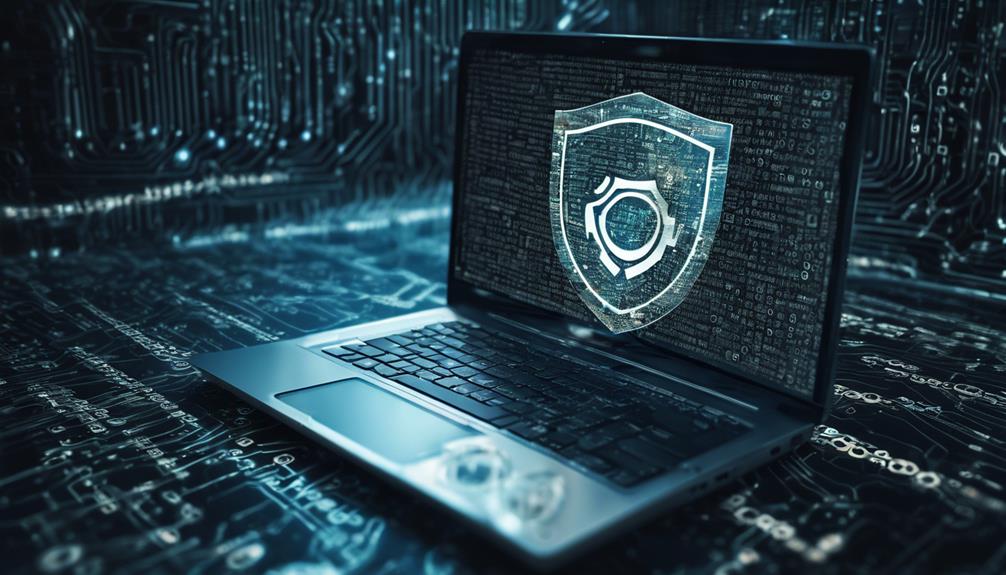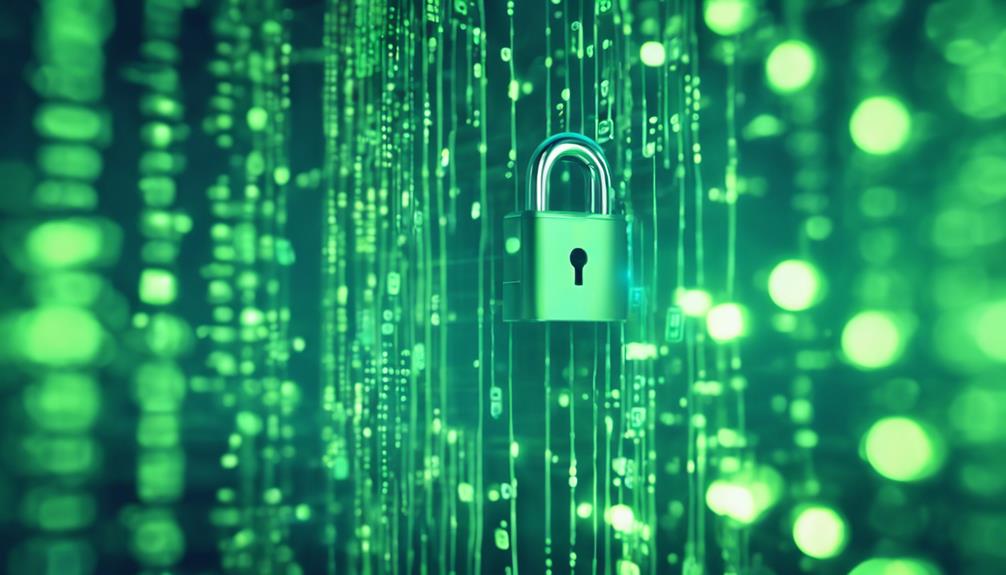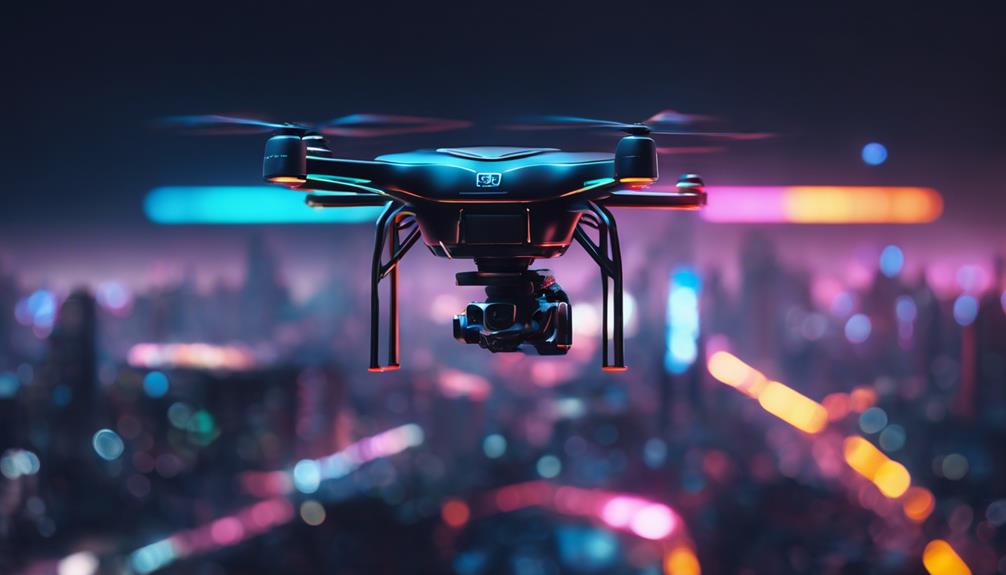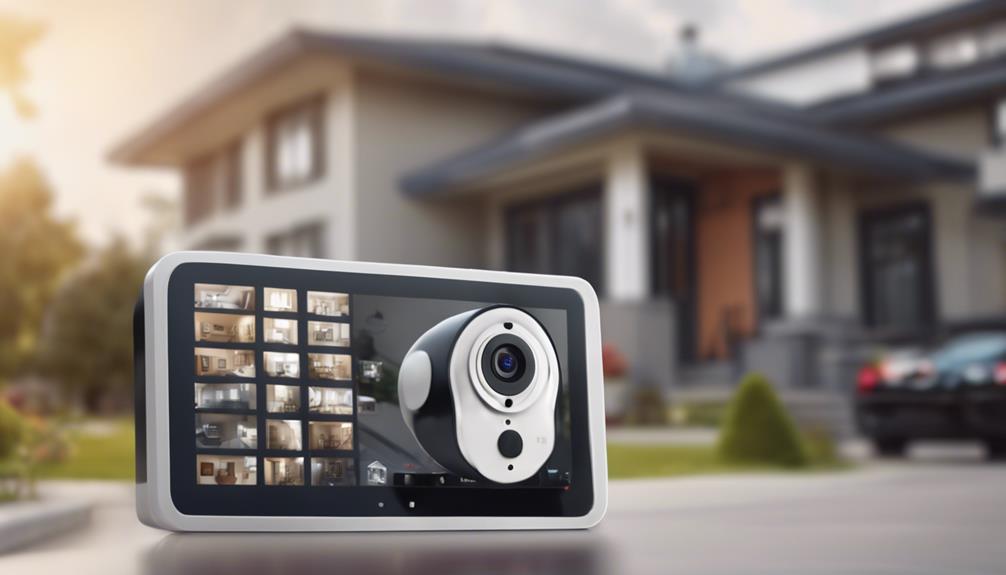
In today’s digital landscape, our laptops are more than just tools for productivity; they are gateways to our personal lives. With the convenience of built-in cameras, many users overlook the potential risks involved. Laptop camera spying has become a growing concern in an era where privacy breaches can occur in the blink of an eye. Understanding these risks and taking preventive measures is essential to safeguard personal information and maintain privacy.
As technology advances, so too do the methods used by cybercriminals to exploit vulnerabilities in our devices. The notion of being watched through a laptop camera is no longer confined to the realm of conspiracy theories; it is a stark reality for many. In this article, we will explore the risks associated with laptop camera spying, how to identify potential threats, and effective strategies for protecting your privacy.
Understanding the Risks of Laptop Camera Spying Today
The digital age has brought about unparalleled connectivity, but this comes at a steep price—privacy erosion. Laptops equipped with cameras are particularly vulnerable because they serve as an avenue for malicious actors to invade our personal spaces. Their ability to capture video and images without user consent makes them a prime target for cybercriminals. The consequences of such invasions can range from identity theft to blackmail, highlighting the urgent need for heightened awareness.
Moreover, the normalization of surveillance culture, including workplace monitoring and government surveillance, has desensitized many individuals to the concept of being watched. Consequently, people may dismiss the risk of their laptop cameras being exploited, leading to a false sense of security. It is crucial to recognize that a moment’s negligence can pave the way for severe privacy violations.
How Laptop Cameras Can Be Exploited by Malicious Software
Malicious software, or malware, has evolved into a sophisticated tool used by cybercriminals to exploit vulnerabilities in laptop cameras. Spyware can infiltrate a system through seemingly innocuous downloads or phishing attacks, granting hackers unauthorized access to the camera. Once installed, this software can remain undetected, allowing criminals to monitor users in real time and collect sensitive information.
In some cases, attackers may even use Remote Access Trojans (RATs) to gain complete control over a user’s device, enabling them not only to activate the camera but also to record audio and capture keystrokes. This level of intrusion has alarming implications, particularly for individuals who may engage in sensitive discussions or activities online. Understanding how easily these exploits can occur reinforces the importance of diligent cybersecurity practices.
Signs Your Laptop Camera Might Be Compromised
Identifying potential compromises in your laptop camera can be challenging, but certain signs may indicate unauthorized access. One of the most common indicators is the unexpected activation of the camera light. If the light turns on without your command, it is a red flag that your camera may be compromised. Additionally, unusual system behavior—such as slow performance, frequent crashes, or unfamiliar applications running—can also signify malware infection.
Another telltale sign includes unexpected notifications from antivirus software about unauthorized access attempts or suspicious activities on your device. Users may also notice unfamiliar files or programs that they did not install, which can indicate a breach. Being vigilant about these signs is crucial in order to take timely action before further damage occurs.
Protecting Your Privacy: Simple Steps to Take Now
Taking proactive steps to protect your privacy is essential in an age where laptop camera spying is a real threat. First, consider covering your camera when not in use. Simple items like sticky notes or purpose-built camera covers can physically block potential intruders. This is an effective and easy way to ensure that your camera cannot be activated without your knowledge.
Additionally, remain cautious about the applications you install on your laptop. Always download software from reputable sources and be wary of granting camera access to applications unless absolutely necessary. Review the permissions of existing applications regularly, revoking access for any that seem suspicious or intrusive. These small actions can significantly reduce the risk of camera exploitation.
The Role of Antivirus Software in Camera Security
Antivirus software serves as your first line of defense against a plethora of cyber threats, including those targeting your laptop camera. Comprehensive antivirus solutions can detect and eliminate malware that may attempt to compromise your device. Regularly updating your antivirus software ensures that you are protected against the latest threats, as cybercriminals are constantly finding new ways to exploit vulnerabilities.
Moreover, many antivirus programs offer features specifically designed to protect your privacy, such as webcam protection settings. These settings allow users to monitor which applications are trying to access their camera, thereby providing an extra layer of security. Investing in reliable antivirus software is a critical step in safeguarding your laptop’s camera against unauthorized surveillance.
How to Disable Your Laptop Camera Permanently
If you are particularly concerned about the security of your laptop camera, disabling it permanently is a viable option. This can often be done through the device manager in your operating system. For Windows users, navigating to the Device Manager, locating the camera, and selecting "Disable" will prevent any access. Mac users can achieve similar results by going to System Preferences and adjusting the camera settings.
It’s important to note that disabling your camera may affect the functionality of applications that require video input, such as video conferencing tools. However, for those prioritizing privacy over convenience, this step can provide peace of mind. Be sure to keep this in mind if you change your mind later and decide to enable the camera again.
What to Do If You Suspect Camera Surveillance
Suspecting that your laptop camera has been compromised can be alarming. The first step is to disconnect from the internet to prevent further unauthorized access. Next, run a thorough scan using your antivirus software to detect and remove any malware. After addressing any potential threats, consider changing your passwords for sensitive accounts, especially those linked to personal information.
If you find evidence of a breach, documenting your findings is crucial. Take screenshots of any suspicious activity and note the times and dates when you noticed irregular behavior. This documentation can be valuable if you decide to report the incident to law enforcement or seek professional cybersecurity assistance.
The Legal Implications of Laptop Camera Spying
Laptop camera spying raises serious legal concerns, as unauthorized access to a person’s camera may violate privacy laws in many jurisdictions. Laws vary significantly regarding computer and surveillance privacy; however, in many countries, spying on someone without their consent can result in criminal charges. This includes unauthorized recording or monitoring of individuals without their knowledge.
Additionally, organizations that fail to protect user data, including webcam footage, may face legal repercussions and significant fines. As public awareness of privacy issues grows, so does the demand for robust regulations that protect individuals from such invasions. Understanding the legal landscape surrounding laptop camera spying can empower users to take action if their privacy is compromised.
Emerging Technologies to Enhance Laptop Camera Security
As concerns about laptop camera spying continue to grow, technology developers are creating innovative solutions to enhance security. One promising advancement is the integration of artificial intelligence (AI) in cybersecurity software. AI can analyze behavioral patterns and detect abnormal activities, providing real-time alerts if a potential breach is detected. This proactive approach can help users mitigate risks before they escalate.
Another emerging technology involves the use of biometric sensors to control access to the laptop camera. By utilizing methods like facial recognition or fingerprint scanning, manufacturers can ensure that only authorized users can activate the camera. These technologies represent significant strides forward in protecting personal privacy and combating the threat of camera spying.
Staying Informed: Regular Updates on Cybersecurity Threats
The landscape of cybersecurity is constantly evolving, making it imperative for users to stay informed about the latest threats and how to counter them. Regularly updating your knowledge can help you remain vigilant against new methods cybercriminals use to exploit vulnerabilities. Following reputable cybersecurity blogs and news outlets can provide valuable insights into potential risks and the changing legal landscape surrounding privacy.
Moreover, participating in online forums or local community events focused on cybersecurity can enhance your understanding and preparedness. By engaging with others who share similar concerns, you can exchange tips and experiences, creating a more informed and secure digital environment for everyone.
In conclusion, the risks associated with laptop camera spying are both real and pressing. By understanding how cameras can be exploited, recognizing the signs of compromise, and implementing protective measures, individuals can significantly reduce their vulnerability to unauthorized surveillance. As technology continues to evolve, maintaining awareness and adopting proactive strategies will be crucial in safeguarding personal privacy in our increasingly interconnected world. The time to act is now—protect your digital life and ensure that your laptop remains a tool for empowerment rather than a gateway for intrusion.





